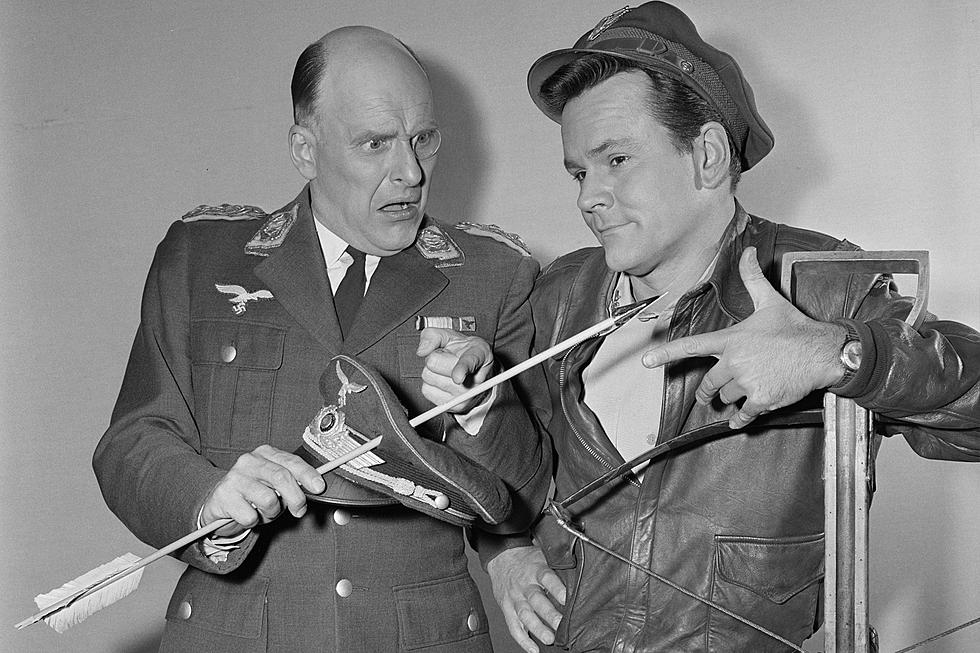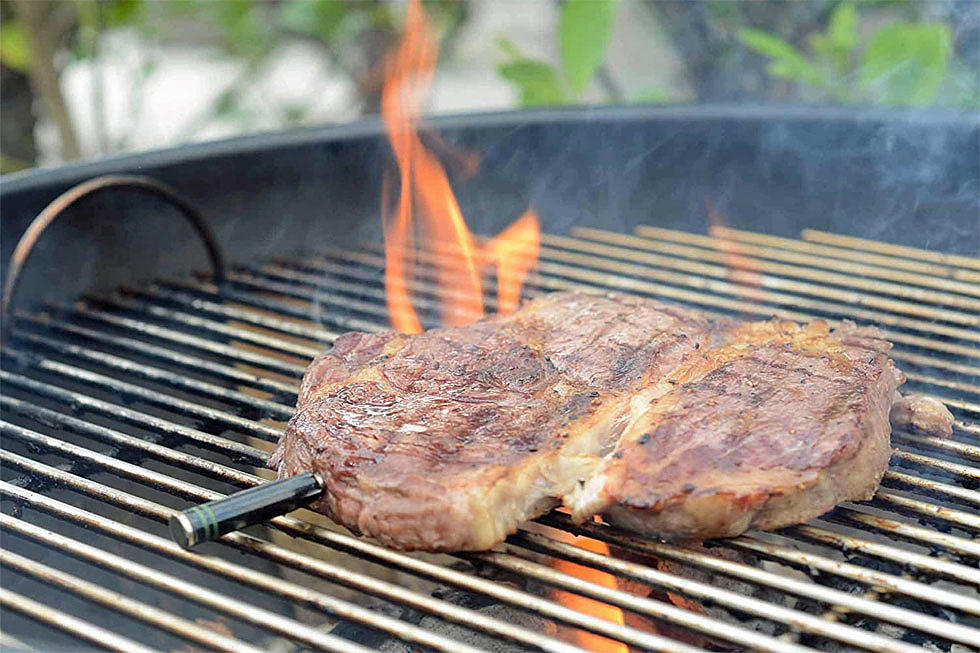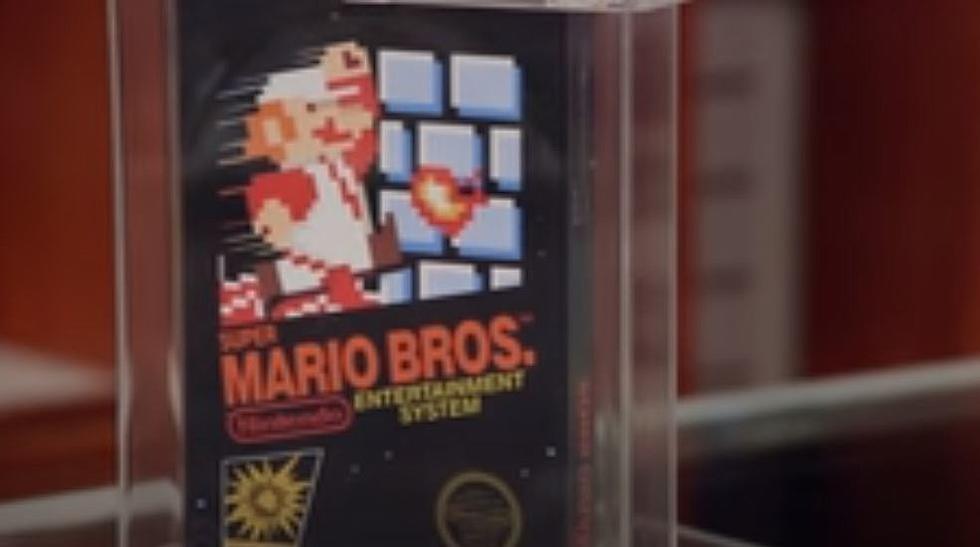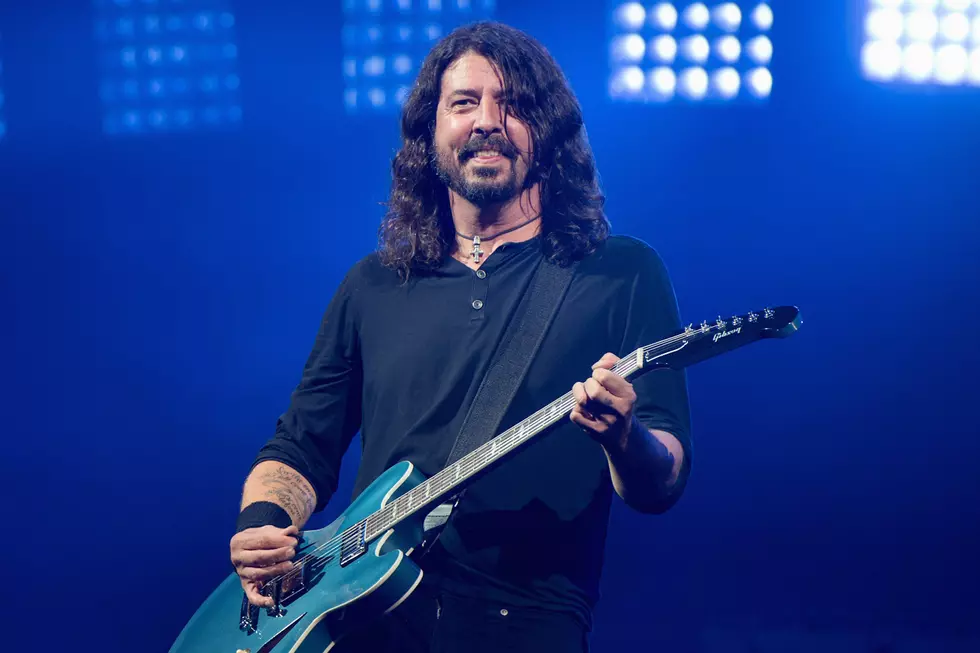
50 Years Ago: ‘Hogan’s Heroes’ Ends Six-Season, Nazi-Fooling Run
One of the best ways to deal with odious people is to make them ridiculous. This was one of the secrets of the classic TV show Hogan's Heroes, which ended its six-season run on April 4, 1971.
Packed with fascinating on- and off-screen stories and noteworthy trivia, the show was set in 1942 in a POW camp called "Stalag 13" in Germany. This camp was populated by prisoners from a variety of countries whose goal, in virtually every episode, was to hinder the Nazi war effort.
Led by American Air Force Col. Robert Hogan (Bob Crane), the prisoners were made up of the traditional '60s TV-style band of lovable misfits. Cpl. Louis LeBeau (Robert Clary) was a Frenchman and food lover who, among other things, had tamed the German guard dogs so they wouldn't raise the alarm when the prisoners used an escape tunnel under their kennel. Staff Sgt. James Kinchloe (Ivan Dixon), also an American – and Black, in a sign of the show's quiet antiestablishment proclivities – was Hogan's second in command and a communications expert. English Cpl. Peter Newkirk (Richard Dawson, who would go on to host Family Feud) was the camp fixer, good at stealing things and conning the Germans. And Sgt. Andrew Carter (Larry Hovis) was a demolitions expert, a skill that came into play far more often than one would expect in a POW camp.
Arrayed against these allied soldiers were the Germans. Col. Klink (Werner Klemperer) was the commander of the camp, who remained entirely unaware of the fact that Hogan and his group were continually sneaking out to thwart the Nazis. In fact, he believed the camp's security measures and escape record were so spotless that he was continually inviting high-ranking Nazis to attend meetings there, giving the allied soldiers plenty of opportunities to cause trouble (and giving the show an avenue to rotate through characters and plotlines).
Watch 'Hogan's Heroes' Credits Sequence
Clink was seconded by the beleaguered Sgt. Schultz (John Banner), who was friendly with the prisoners, easy to bribe with the promise of good food cooked by LeBeau and easy to manipulate because he lived in terror of getting in trouble with his superiors and being sent to the Russian front. His beloved motto was: "I see nothing, I hear nothing, I know nothing!"
Much like the TV show M*A*S*H, which premiered the year after Hogan's Heroes went off the air, a good deal of the comedy of all this came from juxtaposition. The setting of a prison camp in perpetual winter (there was only ever one season) was a desolate one; the plots were warmhearted, absurd and triumphant.
The prisoners were continually doing things like pulling off bank heists in a nearby town to finance their anti-Nazi operations and impersonating Hitler in order to smuggle secret plans out to the Allies, and they were victorious at the end of every episode. The Germans, on the other hand, were bumbling incompetents, forever chasing their own tails. It was a classic comedic setup, and the show played it to perfection again and again.
Watch Sgt. Schultz 'See Nothing' on 'Hogan's Heroes'
Beneath it, though, lay a captivating political subtext. The show directly calls back to a long tradition of anti-fascist movies that preceded it. Like Charlie Chaplin's The Great Dictator, Hogan's Heroes parodies the Nazis, and like Ernst Lubitsch's To Be or Not to Be, it places its faith in Nazi defeat in the hands of a band of unlikely heroes. And, following prison-camp comedies and dramas from Stalag 17 to The Bridge on the River Kwai to The Great Escape, the show uses the setting of life behind the wire to create a clear metaphor. The prisoners are comedic, irreverent and fun-loving – they are, in other words, liberated. It's the Germans who are held hostage by their rules, need for power and idiotic ideology.
This messaging extended to the casting as well. All four of the main Nazi characters were played by Jews. Werner Klemperer grew up in Germany and was the son of the famed classical music conductor Otto Klemperer, who moved the family out of Germany when Hitler came to power in 1933. Klemperer only took the part as Col Klink on the condition that the Nazi commandant never be portrayed as successful at any time in the show. As the son of a conductor, Klemperer was also a talented musician, adding ironic spice to the show's running gag of Klink's terrible violin skills.
Watch Col. Klink Play Violin on 'Hogan's Heroes'
John Banner, who played Schultz, was an Austrian-born Jew who emigrated to the U.S. when Germany annexed Austria in 1938. He lost many members of his family in the Holocaust and served in the U.S. Air Force during the war. Leon Askin, who played Nazi Gen. Burkalter, was also an Austrian Jew who immigrated to the U.S. in 1940 after being imprisoned by the SS and also served in the Air Force during the war. Both of his parents were killed in the Treblinka concentration camp. And Howard Caine, who played Maj. Hochstetter in the show, was an American Jew who served in the Navy during the war.
Finally, Clary, who played LeBeau, was a Parisian Jew who was sent to the Buchenwald concentration camp as a teenager and spent the entire war there until the camp was liberated by Allied forces in 1945. He lost 12 members of his immediate family in the Holocaust.
All of which is to say that while the onscreen antics in Hogan's Heroes were light, the actors themselves knew the dark subject well.
It's fair to say that all of them understood exactly what they were doing: making people laugh but also reminding them of a horror that was not long in the past. And it's also fair to say they all subscribed to one of the most important aspects of remembering that horror: If you want to prevent people from forgetting the Nazi atrocities and at the same time to help put those Nazis in their proper place, one of the best ways to do it is to make people laugh at them.
Those Were the Days: 10 Classic 'All in the Family' Episodes
More From KLUB Tejano 106.9










